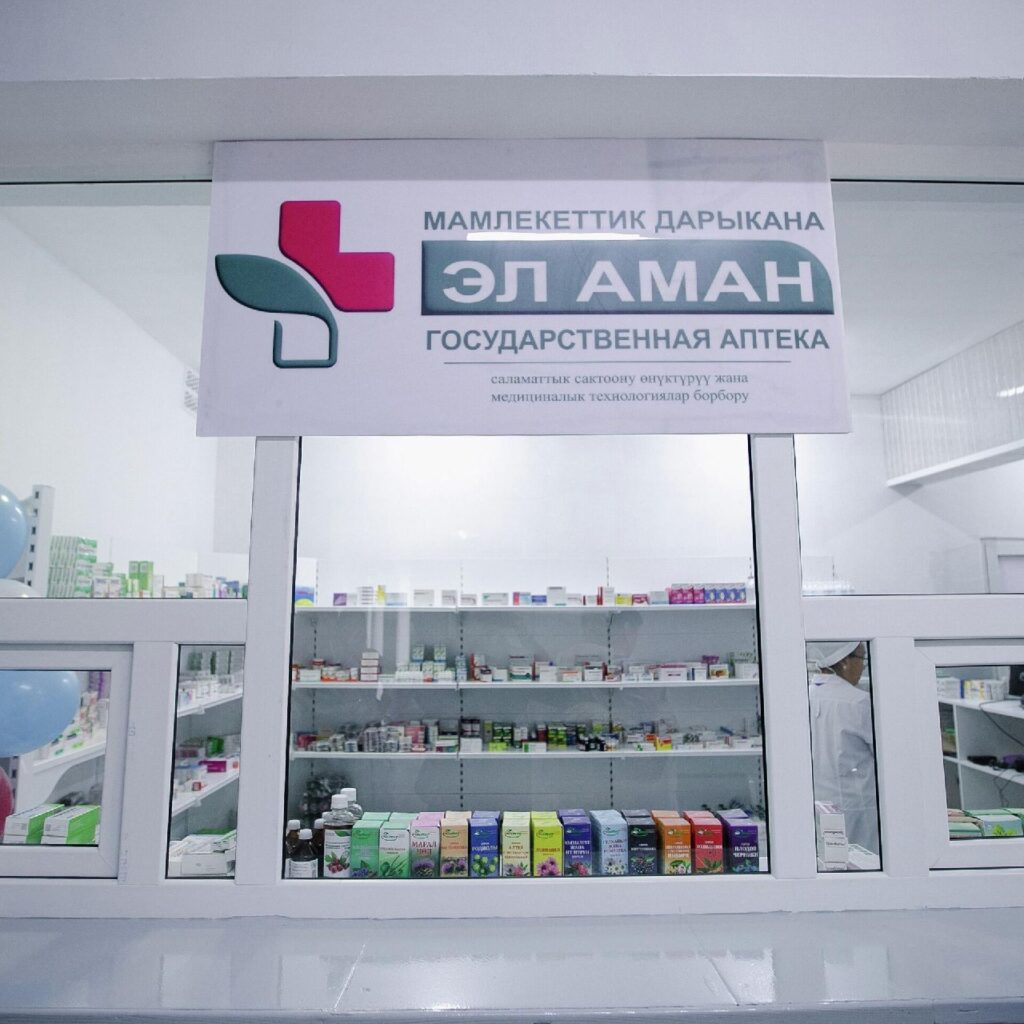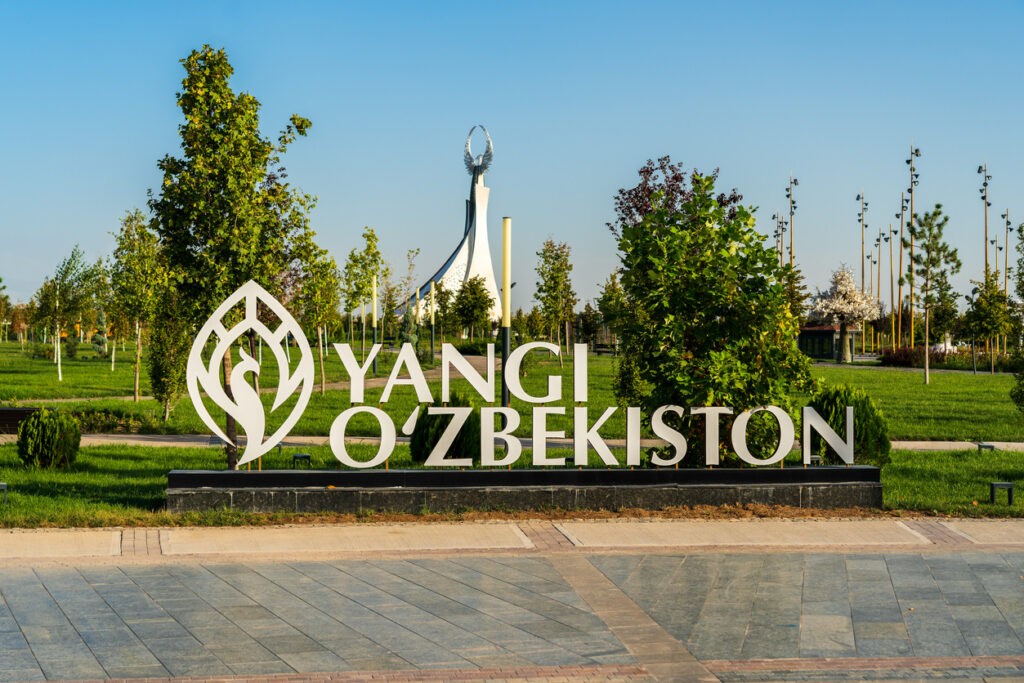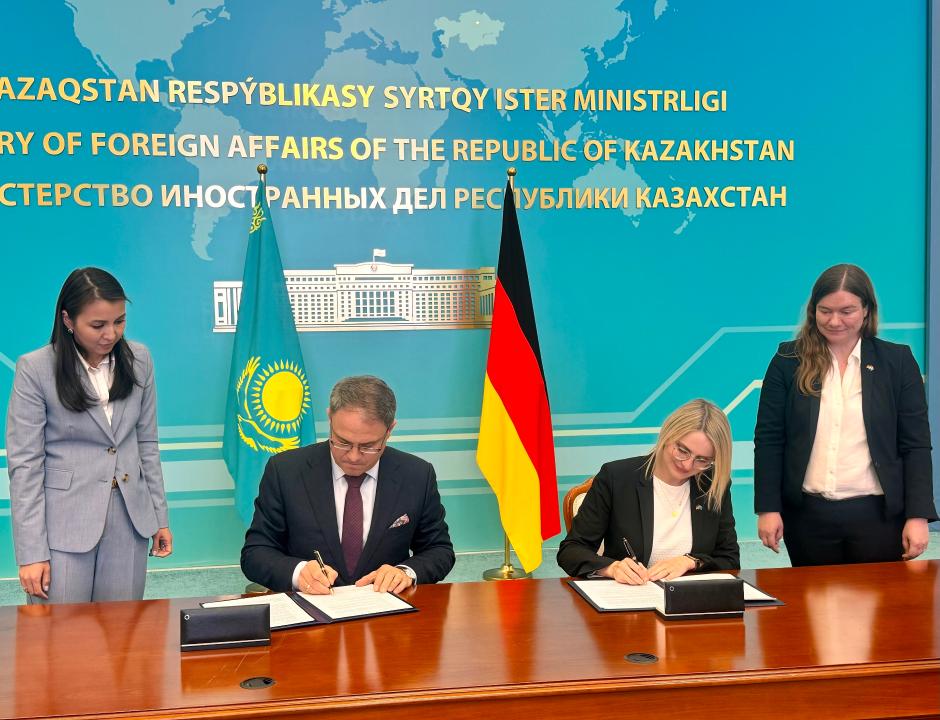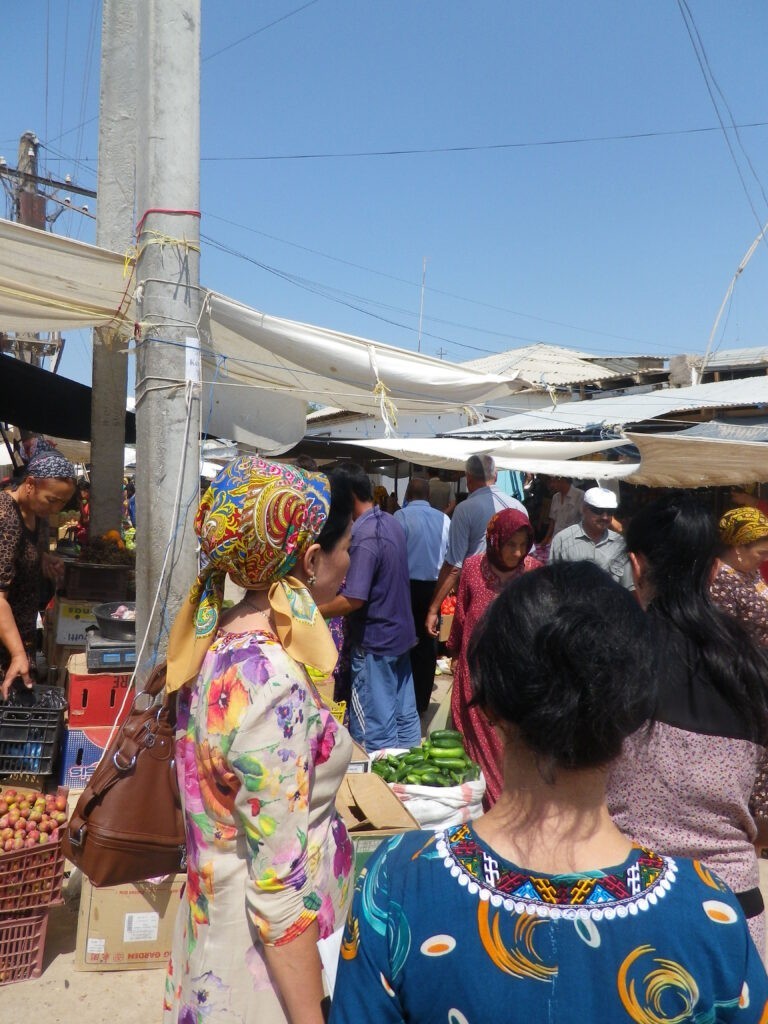After Astana hosted the latest meeting of the Council of Foreign Ministers of the Shanghai Cooperation Organisation (SCO) member states, Almaty-based financial analyst and expert in cross border business and asset value recovery, Rassul Rysmambetov believes that Kazakhstan still has huge potential in the organization that is yet to be utilized. The SCO was founded in 2001 by the leaders of China, Russia, Kazakhstan, Tajikistan, Kyrgyzstan and Uzbekistan. In 2017 India and Pakistan joined, followed by Iran in 2022. Belarus is expected to join the SCO this summer. The association's main objectives are to strengthen stability in the region, fight terrorism and drug trafficking, as well as develop economic cooperation, energy, scientific, and cultural partnerships. At the Astana meeting 22 decisions were adopted. The SCO's secretary general Zhang Ming praised Kazakhstan's work as the organization's chair, saying: "Since July 2023, within the framework of Kazakhstan's chairmanship in the SCO, the Kazakh side has organized more than 180 events in various fields. Kazakh partners have put a special emphasis on economic, investment, transportation, cultural and humanitarian issues." Sources report that Kazakh president Kassym-Jomart Tokayev met with the foreign ministers of the other SCO member states. He mentioned that more than 100 large-scale events have been held recently, including the SCO digital, tourism, and energy forums. "Work on the SCO project 'Spiritual Sanctuaries' is being completed. On our initiative, 2024 has been declared the SCO Year of Ecology. The government of Kazakhstan continues to prepare for several additional significant events in the spheres of energy, transportation, and culture. Of course, we pay great attention to the upcoming Astana SCO summit," Tokayev said. Financial analyst Rasul Rysmambetov, in a conversation with The Times of Central Asia, spoke about the SCO's significance on a global scale. "Its member states have a combined population of over three billion people," he said. "The SCO has not undergone any serious changes in its 22-year existence. Of course some countries try to promote a political agenda, but the organization is focused on economic and security interests." "Of course, the SCO benefits Kazakhstan in the context of western sanctions against Russia, because we have China, Pakistan, and Russia, all of which are large countries that are markets for our goods. Of course, we must open markets for them, but we are open to the goods of many countries within the WTO. Concerning Kazakhstan, sanctions are not an obstacle to the work of the SCO. We do not trade in weapons, so there are no problems. Members of the organization see sanctions restrictions in terms of re-exports, and everything works fine in terms of ordinary, non-sanctioned goods," Rysmambetov added. Regarding Belarus's imminent accession to the SCO, he said: "It's beneficial for us. We can't produce and sell much yet, but at least we'll earn on transit. This is an opportunity to develop our logistics, improving our export prospects when more production facilities are launched in Kazakhstan."






